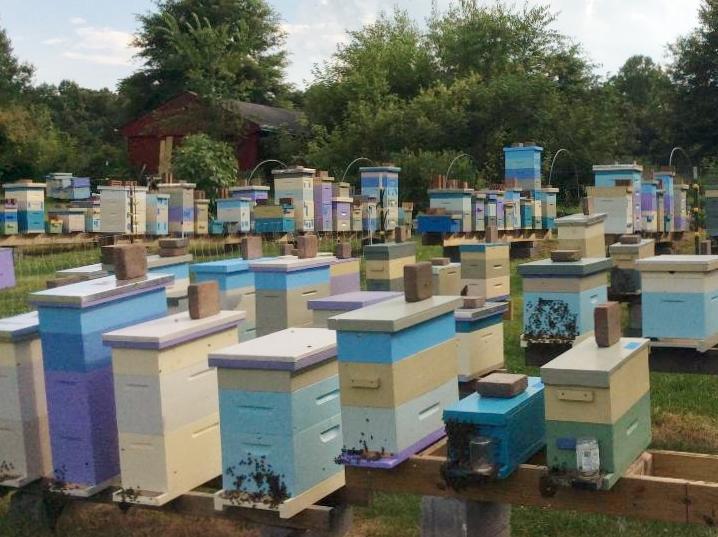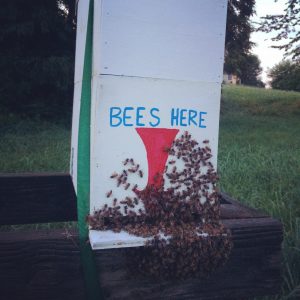
Survivor Nucleus Colony Goals:
- Eliminate our dependency on the importation of southern nucs, packages, and queens.
- Facilitate instruction in sustainable resource management techniques, including summer and spring nuc and queen production.
- Promote the spread of local “survivor” genetics through local nuc distribution.
- Facilitate sales and distribution of survivor nucs to SVBA beginning beekeeping students and members.
What Is A Nuc?
A nucleus hive (nuc) is simply a miniature honeybee hive. It has all the components of a full size hive including a laying queen, workers, brood (eggs, larva and capped brood), pollen, and honey. The biggest benefit of a nuc is the fact that the bees are already working together to establish their colony/home. The queen has been accepted by the worker bees and she is laying eggs on drawn comb. The workers are working! The nuc colony gives you a jump start on getting your main hive set up to survive the next year. Think of a nuc as a potted seedling that is ready to be transplanted.
Spring and Overwintered Nucs
There are two types of nucs, spring nucs and overwintered nucs. Spring nucs are created in mid to late spring of the current year. They are made by pulling frames out of existing colonies and introducing a new Queen or queen cell. Overwintered nucs are produced in the prior summer and overwintered in our area – meaning that the queen is “tested”- she survived one winter. Overwintered nucs may be ready earlier and build up quickly with the nectar flow. Both typically consist of a box with 5 deep frames or 8 medium frames containing the equivalent of:
- 3 frames of brood and young honeybees – frames should include eggs, larvae and capped brood
- 1 frame with pollen & honey
- 1 frame of foundation
- 1 queen
Availability
- Weather affects queen rearing and availability, which determines when spring nucs can be created.
- Spring nucs raised in Virginia are generally not available before May. Therefore, nucs may not be ready for pick-up until mid May to early June.
- Keep in mind that strong nucleus colonies purchased in May often outperform packaged bees purchased in April. They also exhibit higher overwintering survival.
- Overwintered nucs, when available, can be available in late April to early May.
Buyers
Contact one of the local apiaries below:
Spend time talking to the nuc seller.
Ask about…
- Frames: Size (deep of medium), number of frames (typically 5 or 8).
- Queen: Source (swarm, local queen, breeder, imported), does she have hygienic traits, is she a new queen or over-wintered?
- Transport: Arrange a pick up time. Will the bees come in a cardboard nuc box or should you use your own equipment?
- Does the seller require a frame exchange?
- The nuc is your responsibility after you pick it up and pay. Understand what you are purchasing far enough ahead, so you can plan accordingly.
Suppliers require pick up at their location. Pick up considerations: The supplier will have your colony in a cardboard nuc or will ask you to bring your own equipment so the supplier can install the bees for you. Be prepared when you pick up your nuc. Fill up with gas before you show up. Go directly home after pick up and do not plan multiple errands with a nuc in the back seat (increasingly important in late spring and summer). When you arrive at your apiary, move the frames from your nuc into your equipment. Most transport boxes can be opened to let bees fly if you cannot move them into your equipment immediately. If this is the case, be sure to place the nuc box where the colony will eventually be located.
Note: Nucs need to be transferred into full size equipment within a few days of purchase. Delaying this will cause the bees to swarm due to lack of space.
Sellers
Contact the nuc coordinator: Jason.hallacher@gmail.com if you are interested in becoming a supplier. Your apiary must meet the following criterion.
- Seller’s apiaries where nucs are made must be inspected by VDACS within the calendar year
- All nucs created must be derived from colonies overwintered in Virginia.
- The queen in the nuc should be new or from the previous summer and must show evidence of laying eggs and larvae in the nuc. Ideally there will also be her capped brood present.
Local Apiaries…
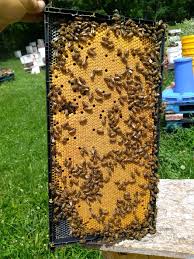
Sells Nucs and Honey –
gentlebeeapiaries@gmail.com
_________________________________________________________
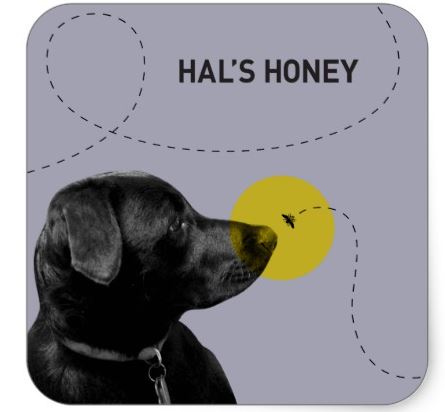
jason.hallacher@gmail.com
__________________________
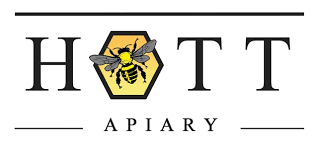
hottapiary@outlook.com
____________________________
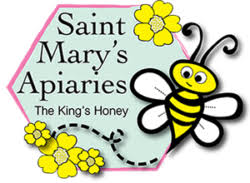
https://saintmarysapiaries.com/
________________________________________________________
WILD TOAD HONEY
Sells Deep Nucs – wildtoadhoney@gmail.com
——————————————————————-
Mark Donovan: https://donovanshoneyhill.square.site/
Maidens VA
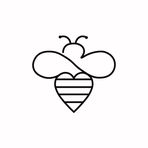
Britt and Hannah Bailey hannah.ripani@yahoo.com
870-295-5606 540-460-2984
Sells NUCs and Queens

Blueridge Beez
Chris Shaw
Misbeehavin’ Honey (Warrenton, Virginia)
Deep and Medium Nucs. Locally mated queens.
beekeeper@misbeehavinhoney.com
